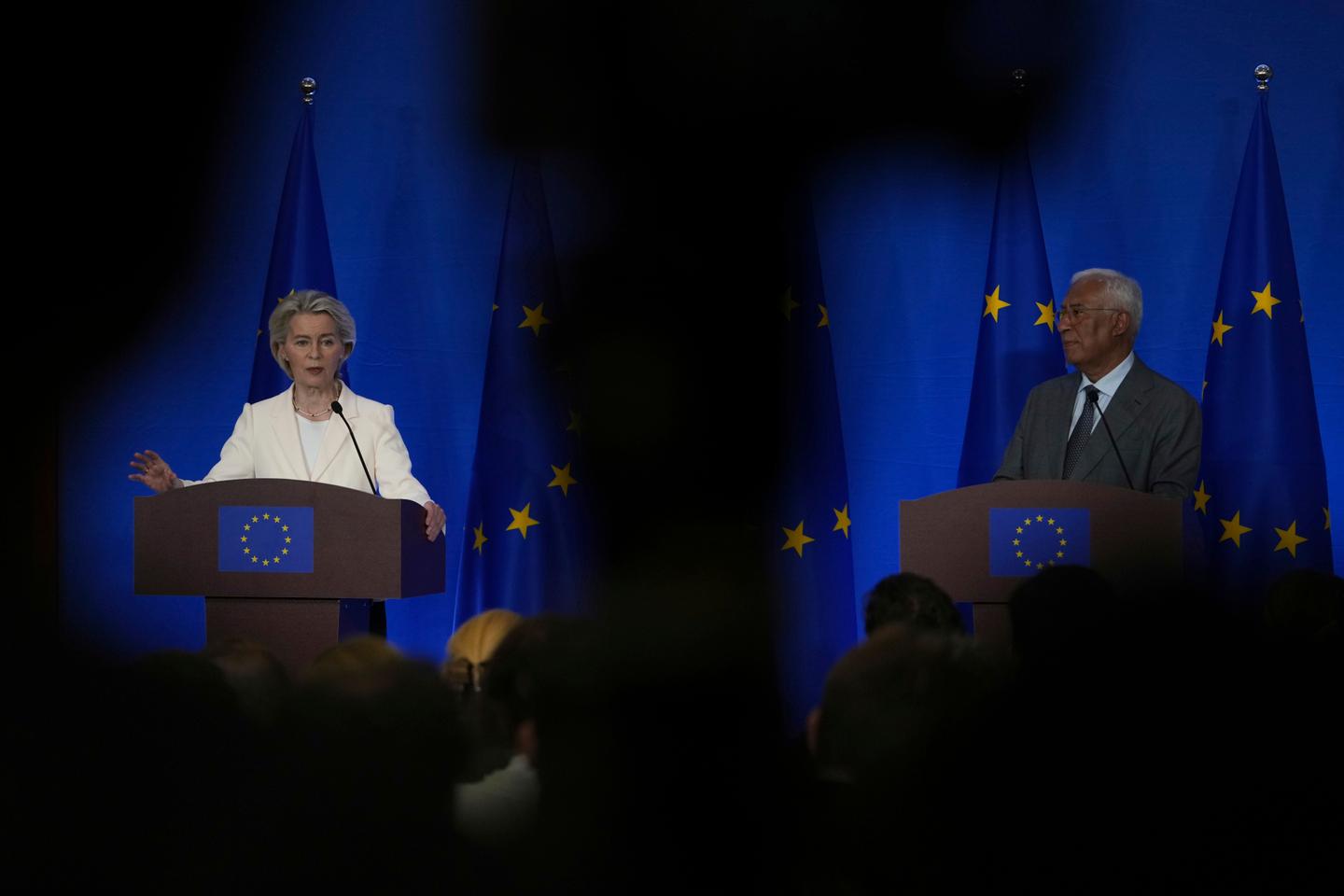


The 25th summit between China and the European Union (EU), held on Thursday, July 24, in Beijing, quickly turned into a dialogue of the deaf. Even on climate change, a topic on which China and Europe are supposed to stand out while the US has abandoned any ambition on the issue, it took considerable effort to reach a joint statement. On all other subjects, the divisions became glaringly apparent after just one day, rather than the two initially planned.
European Commission President Ursula von der Leyen and European Council President Antonio Costa had to resign themselves to traveling to the Chinese capital, as the head of the Chinese party-state, Xi Jinping, had made it known that he would not set foot in Europe. By contrast, he makes time each year to visit Moscow and celebrate his "no limits" friendship with Vladimir Putin. He was there again in May and will host the Russian president at the end of August for four days to once again formalize what Xi calls "great changes not seen in a century," a recalibration of the world order to the detriment of the West.
The US began to focus on the threat posed by China's rise much earlier than the Europeans, as Beijing's project is a more explicit challenge to American hegemony. Europe, led by German car manufacturers, saw only the promise of the Chinese market, while security concerns seemed remote and abstract. Only when Europeans were directly affected did they wake up to this risk.
A new world
Today, Europe finds itself facing this risk on two fronts at once. First, in Ukraine. Russia has been able to continue its war for three years only because China finances it through purchases of hydrocarbons and provides the parts and machinery to assemble the drones that attack Ukrainian civilians every day.
Second, in trade. The European Union has watched the imbalance in its relationship with China deepen, with no clear way out of this spiral. In a decade, the EU's trade deficit with China has doubled, surpassing €300 billion per year. Brussels is right to criticize the massive public subsidies that have made Chinese competition unfair, creating a heightened risk for jobs and industry in Europe, and to implement protective measures that China has never abandoned.
But von der Leyen also saw, from the window of the Hongqi ("Red Flag") limousine provided by the Chinese protocol, just how much a new world has emerged in China. New cars, mostly electric or hybrid, new brands, and an unmatched expertise: In the race to develop the best batteries, only two Chinese players stand out – the world's largest supplier, CATL, which supplies Stellantis, Renault, Tesla, and Rolls-Royce, and the world's leading electric car brand, BYD. Europeans are mere bystanders. China believes Europe has only itself to blame.
On this topic, as on the Ukrainian front, von der Leyen at least offered this diagnosis: Chinese-European relations are at a "turning point." Yet nothing suggests that the EU has even the beginnings of a solution to these fundamental problems.
